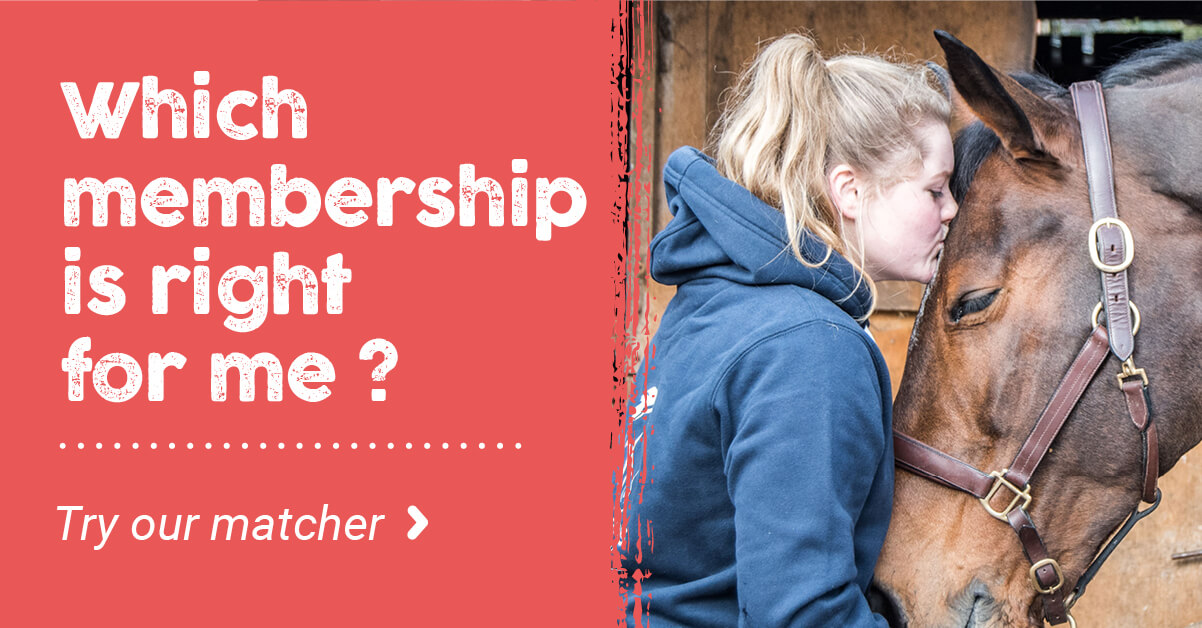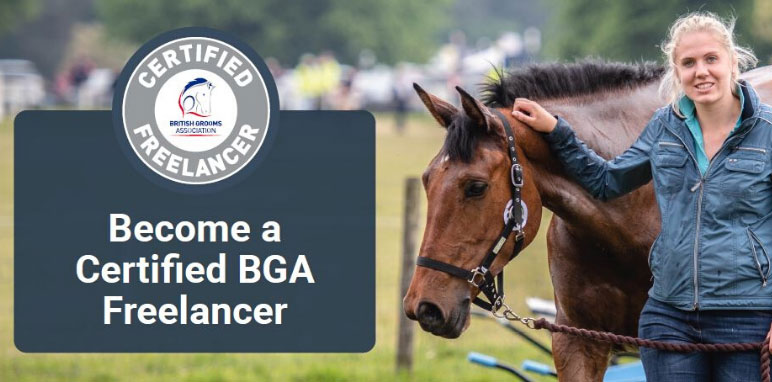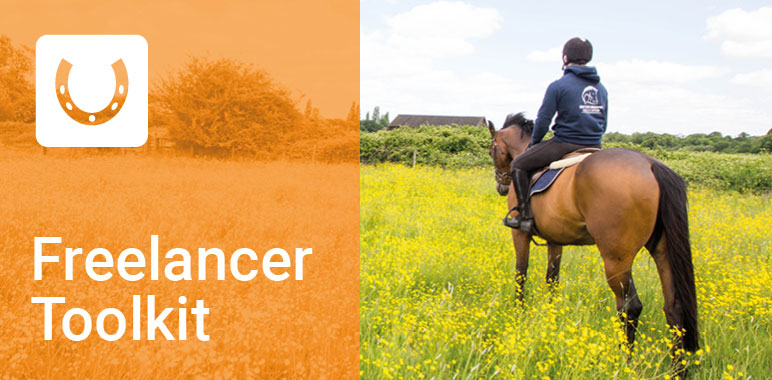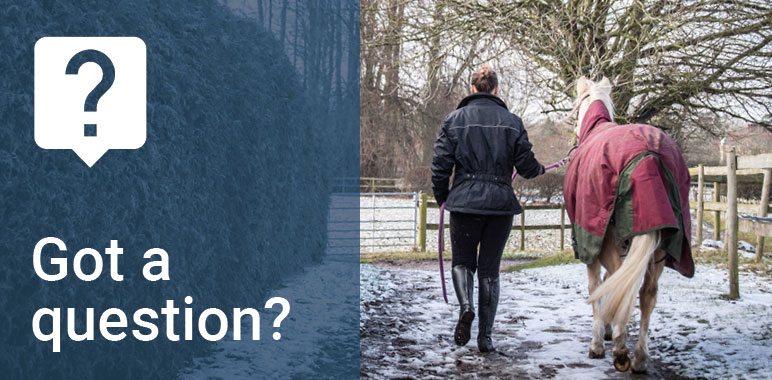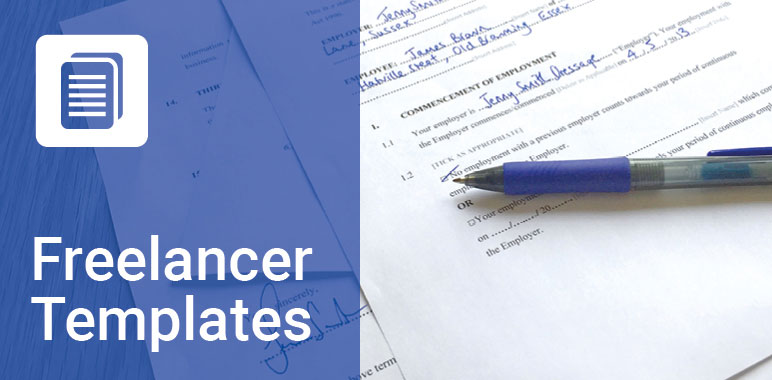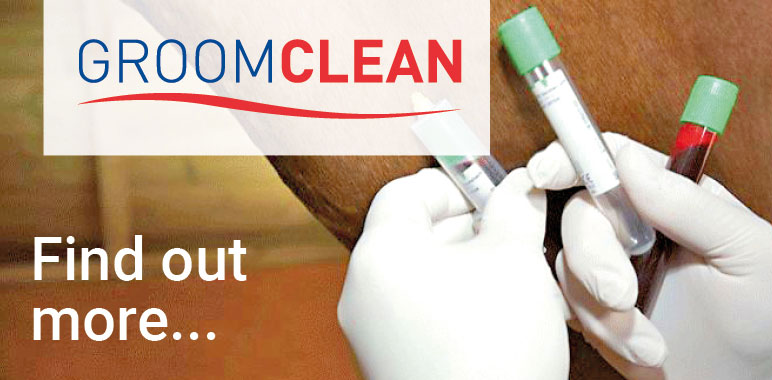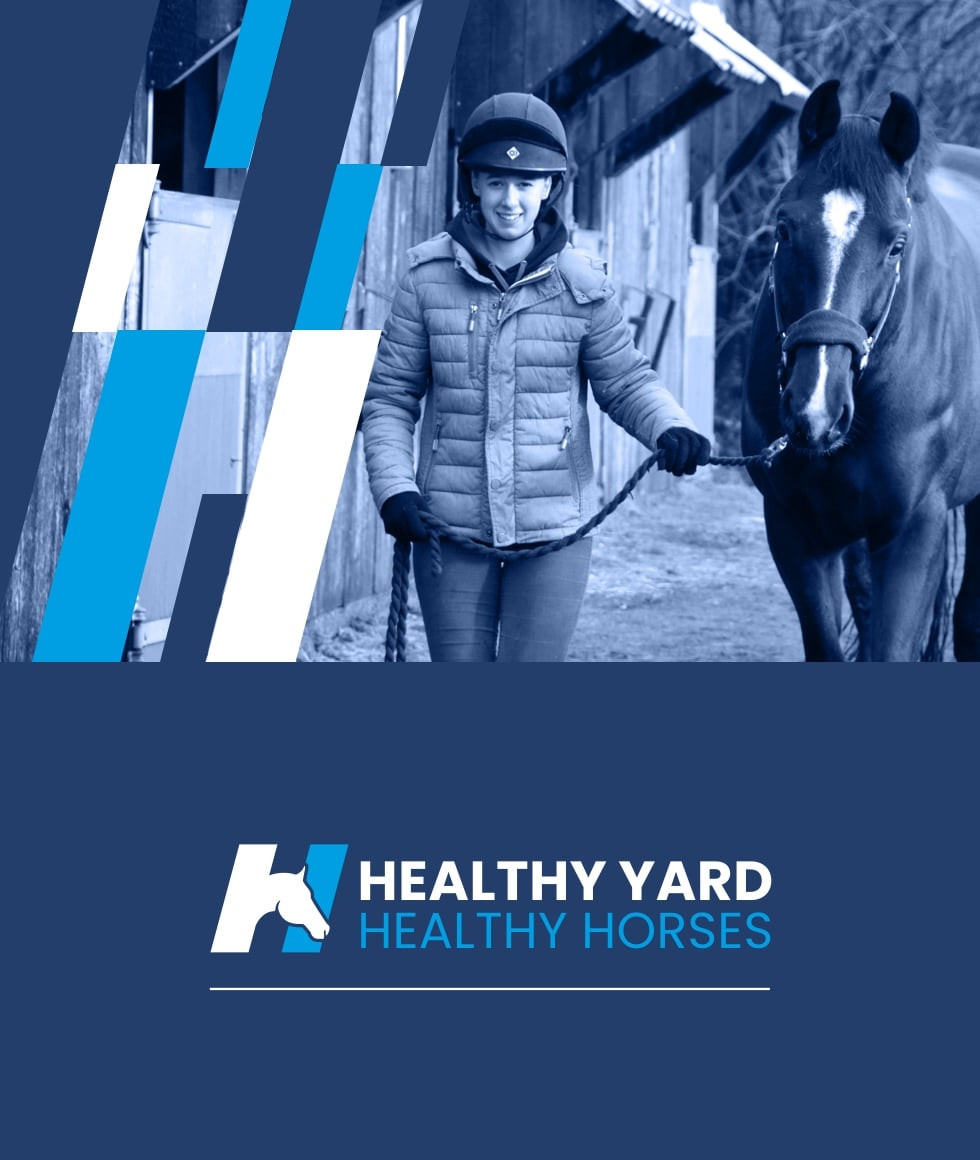- Join Now
- Login
- Member Zone
- Your Career
- Freelancing
- International Grooms Association
- BGA Training
- Healthy Yard Healthy Horses
- Transporting horses
- Brexit
- Safe workplace
- Student Zone
- Member Discounts
- BG Magazine
- Member services
- Training & Careers
- BGA CV Creator
- Horse groom training
- Where to Train
- BGA E Learning
- Career choices
- Change to Racing
- First Aid training for grooms
- Parents
- Grooms Jobs
- Grooms Life
- About
- News
- Contact

Making Winter Easier with SPILLERS
14th November 2016
Cold, dark months with muddy winter fields, short days and endless mucking out can test even the most dedicated groom’s commitment but getting your winter feeding right can ease some of your worries, say the nutrition experts at SPILLERS®.
Nutrition is the foundation for good health and performance. It can also affect behaviour, which can be more challenging over the winter months when horses are usually stabled for longer and ridden less. Clare Barfoot RNutr, the Research and Development Manager at SPILLERS®, has compiled some practical pointers to help you choose the right winter feeding whatever your horse’s type:
Good doers
Winter can be a benefit if you have a good doer. It presents an opportunity to slim down your horse naturally. Extra calories in the form of cubes or mixes won’t be needed. Instead choose a balancer to supply important daily vitamins and minerals with minimal calories. Mix it with a low calorie short chop forage to extend eating time. Opting for late cut hay is also a good idea as it is likely to be lower in calories.
Poor doers
Winter can be a real challenge if you have a poor doer. The key is to prevent weight loss in the first place. Start by keeping your horse warm and providing good quality ad lib forage. The next step is to check you are feeding the recommended amount of feed. Meal sizes should be no more than 2kg so consider adding an extra feed during the day if your horse needs extra calories. To help keep behavioural issues at bay consider a fibre and oil based feed, with controlled levels of starch.
Older horses
Some older horses need special attention during the winter while others may take it all in their stride. Watch out for subtle signs such as loss of condition and muscle tone, difficulties chewing long fibre, being pushed out or bullied in the field or becoming increasingly stiff. For those that are losing weight and don’t have clinical issues such as PPID that require a low starch diet, consider a higher calorie conditioning feed. Senior feeds will often have joint and digestive support included. Make sure your forage is of good nutritional quality, especially for older horses that are losing weight.
Youngsters
A balanced diet is imperative for all horses but especially for youngsters to support their growth and development. For Thoroughbreds a traditional stud cube or mix or a fat and fibre based feed designed to support growth is ideal, especially if they are struggling to hold their weight. Good doers, warmbloods and ponies that grow more slowly will be better suited to a stud balancer. It will provide excellent protein quality and balanced vitamins and minerals but with fewer calories, minimising the risk of developmental orthopaedic diseases (DOD).
The Laminitis prone
Laminitics need low calorie fibre sources and minimal sugar and starch. A balancer can be added to a low calorie short chop forage, ideally one that is approved by the Laminitis Trust, to extend eating time. Remember that the grass still grows in milder weather so grazing may need to be restricted. It’s also wise to have forage analysed for water soluble carbohydrate (WSC).
Clare says: “If you can get your horse’s diet right during the winter he will invariably be much healthier and happier. In turn handling will be easier and riding will be a pleasure – a just reward for all your hard work caring for him during the cold wet months!”
SPILLERS® produces feeds to suit all types, including a broad range of superior fibres and balancers, Laminitis Trust approved products and new SPILLERS® Alfalfa-Pro which carries the prestigious BETA Equine Gastric Ulceration Syndrome (EGUS) Certification Mark. For friendly advice on winter feeding contact the SPILLERS® Care-Line on + 44 (0)1908 226626 or visit www.spillers-feeds.com.
Picture courtesey of Hannah Briars.
What the personal accident policy covers you for:
- Whilst at work
- All stable duties – mucking out, grooming, washing off, turning out
- Clipping
- Riding – including hacking and jumping
- Hunting
- Lunging
- Breaking in
- Holding horse for a vet and other procedures
- Travelling horses both in the UK and abroad
- Competing in line with your job including: jumping, dressage, eventing
- Injuries that may happen to you whilst you are teaching - but you must also be grooming as part of your duties and not be a sole instructor
What the personal accident policy doesn’t cover you for:
- Riding in a race, point to point or team chase
- Stunt Riding
- Accidents occurring whilst travelling to and from work
- Riding and competing your own horse (but you can upgrade when applying for membership to include this)
- Public Liability – this is a separate insurance policy - the Freelance Groom Liability Insurance
- Care Custody and Control – this is a separate policy - the Freelance Groom Liability Insurance
If you require additional cover then please contact KBIS directly.
| GROOM | RIDER | EMPLOYER | |
|
When you are working for other people you do most of the following; muck out, turn out/catch in, tack up, groom horses, exercise Horses (including hacking, jumping and schooling), in the care of your employer/client. |
|
|
|
| Predominantly ride horses for other people including schooling, exercising and competing. | NO |
YES |
YES |
| Provide grooming services for someone else either full time or on a freelance basis i.e. an employer or a client. | YES |
NO |
NO |
| Employ staff – have an employers liability policy in your name | NO | NO | YES |
| Buy and sell horses | NO | YES | YES |


